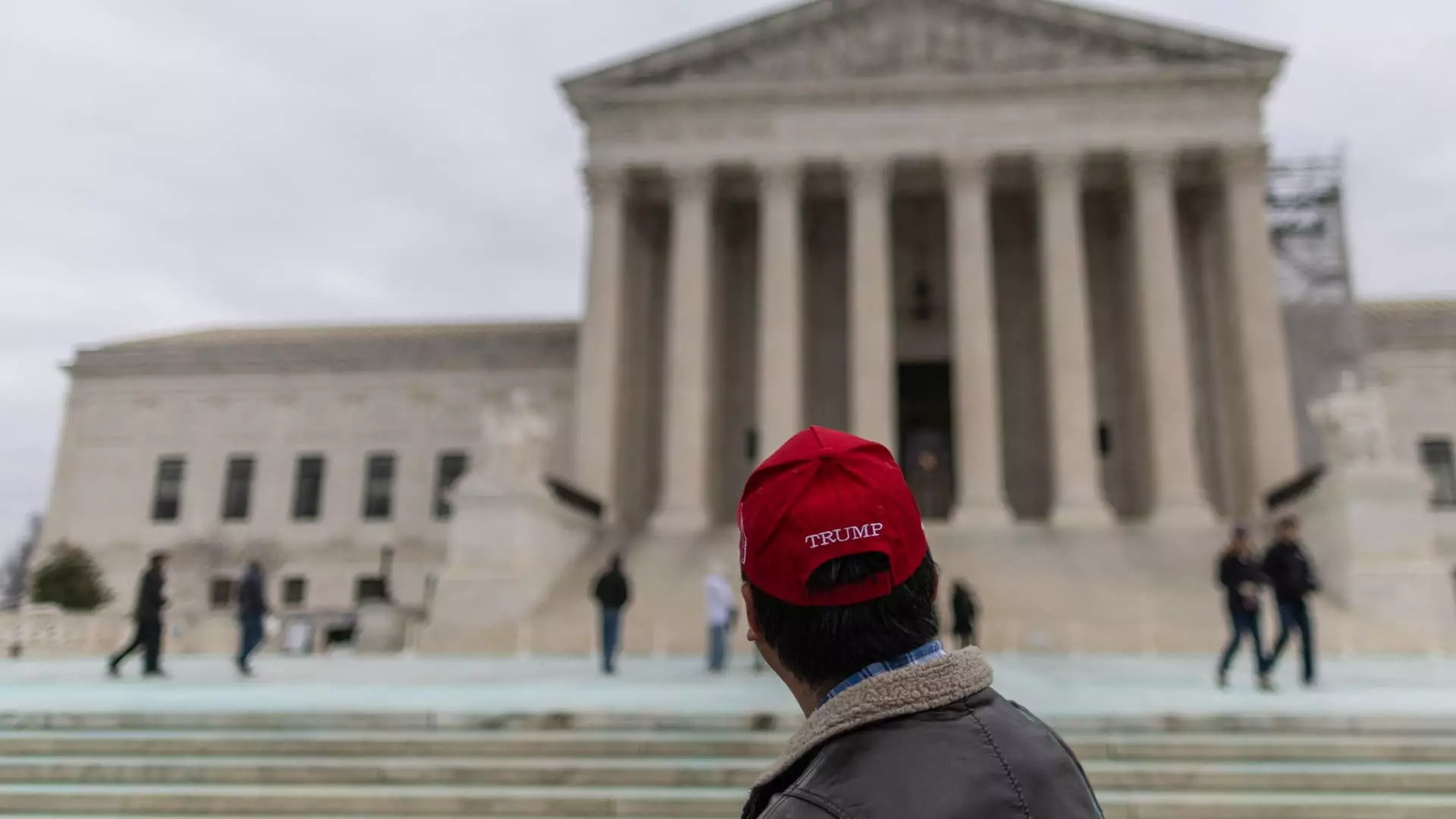The ongoing confrontation between the Trump administration and whistleblower protection advocates underscores a critical moment in U.S. governance. Recent documents reveal that the administration seeks to overturn a lower court ruling that reinstated the head of the Office of Special Counsel (OSC), an agency responsible for safeguarding federal employees against retaliatory actions, particularly those stemming from whistleblowing. This case marks a significant juncture as it represents the first appeal to the Supreme Court since Donald Trump assumed the presidency, indicating the escalating tension between executive power and established civil service protections.
The Office of Special Counsel, led by Hampton Dellinger until recently, plays a pivotal role in maintaining the integrity of the federal workforce. Dellinger, appointed during President Joe Biden’s administration, emphasizes the necessity of this office in the face of what he cites as an “unprecedented” surge in unjustified firings of civil servants. His contention is echoed by many who see whistleblower protections not merely as bureaucratic formalities but as essential safeguards for democracy itself. The agency’s mission is critical, particularly during administrations that may prioritize political loyalty over objective governance.
In stark contrast, the Trump administration’s legal filing represents a bid to enhance executive authority, framing the situation as an infringement on presidential power. The administration’s perspective hinges on the belief that judicial intervention in personnel decisions is an overreach, potentially hindering its ability to effectively govern. Such arguments are reflective of a broader trend in which executive actions seek to circumvent traditional checks and balances aimed at preserving democratic norms. This assertion is further supported by the administration’s appeal to Supreme Court precedents that previously acknowledged expansive executive powers, creating a fraught landscape for civil service protections.
As the case moves toward the Supreme Court, there are far-reaching implications not only for Dellinger but also for the future of whistleblower protections across the federal landscape. A ruling in favor of the Trump administration could embolden future executive decisions that undermine these protections and potentially discourage whistleblowing—an act often underpinned by a moral obligation to expose misconduct. The precarious balance between maintaining government accountability and protecting confidential informants underscores an inherent tension in governance that must be navigated cautiously.
Interestingly, the current composition of the Supreme Court adds another layer of complexity to this unfolding narrative. With a majority appointed by Trump himself, the potential for a ruling that favors executive authority is a reality that legal scholars and constitutional experts are closely watching. The historical context of this dynamic highlights an ongoing struggle between different branches of government—a struggle that could redefine the limits of presidential power in relation to civil service obligations.
Beyond the legal intricacies of this particular case, the broader political landscape reflects an administration increasingly willing to confront established democratic norms. The Trump administration’s efforts to reshape the federal workforce extend beyond mere personnel decisions; they also align with a broader ideological pursuit to streamline government intervention in public affairs. This has raised concerns among advocates for government accountability, who argue that such moves could dismantle necessary oversight mechanisms intended to protect both democracy and the public interest.
As the legal proceedings unfold, the ramifications of this case extend well beyond the immediate dispute over Dellinger’s position. It serves as a litmus test for the balance of power in American governance and the resilience of whistleblower protections in the face of aggressive executive maneuvers. The forthcoming Supreme Court decision will likely resonate across various sectors of policy and governance, and it is essential to remain vigilant in monitoring how these developments could influence the safeguards meant to uphold integrity within the federal government. The struggle over such fundamental principles is far from over, and the outcome will undoubtedly shape the contours of executive power for years to come.


Leave a Reply